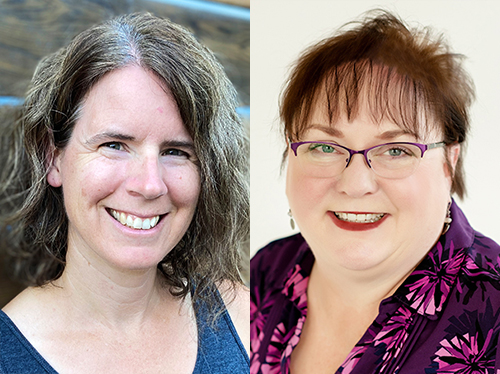Increasing Access to Parental Breast Milk During Incarceration: The Role of the Human Milk Bank
- Duration: 60 Mins
- Credits: 1 CERP, 1 L-CERP, 1 Nurse Contact Hours, 0.1 Midwifery CEU, 1 Dietetic CEU
- Handout: Yes
Abstract:
Lactation support in US prisons and jails continues to be limited in access and scope. Up to the COVID pandemic, the rate of women incarcerated in the US rose by 800% since the 1980s. Approximately 60-80% of these women are the parent of a minor, many the primary caregiver of their child/children. Every year, approximately 10% of women entering custody are pregnant. Native American, Black/African American and women of lower educational attainment and socioeconomic standing are also overrepresented in American prisons, perpetuating cycles of intergenerational trauma and health disparities.
Enabling mothers/lactating parents to breast-feed or express milk for their infants while in custody has the potential to reduce the harm associated with infant-parent separation. Mothers have expressed positive mental health impacts from the act of milk expression and knowing their milk was reaching their infants. The availability of lactation support can help mothers manage breast health throughout the postpartum period. Infants maintain connection with their parent, while receiving all the benefits human milk brings.
Milk Banks can play a unique role in their ability to support infants, parents-in-custody and caregivers through their expertise in human milk handling, transportation and storage. Our presentation will highlight the Expressions of Care program of the Northwest Mothers Milk Bank: to provide a potential model of how organizations might further expand infant access to human milk within this important and often-overlooked population.
Learning Objectives:
Following this session, participants will be able to:
Objective 1. Identify 3 barriers families face when providing breastmilk to an infant while the lactating parent is incarcerated
Objective 2. Describe benefits associated with maintaining lactation and access to breastmilk for both the parent and infant when separated due to incarceration
Objective 3. Identify 3 ways organizations can provide lactation and/or breast health support to mothers, infants, caregivers and carceral facilities.








